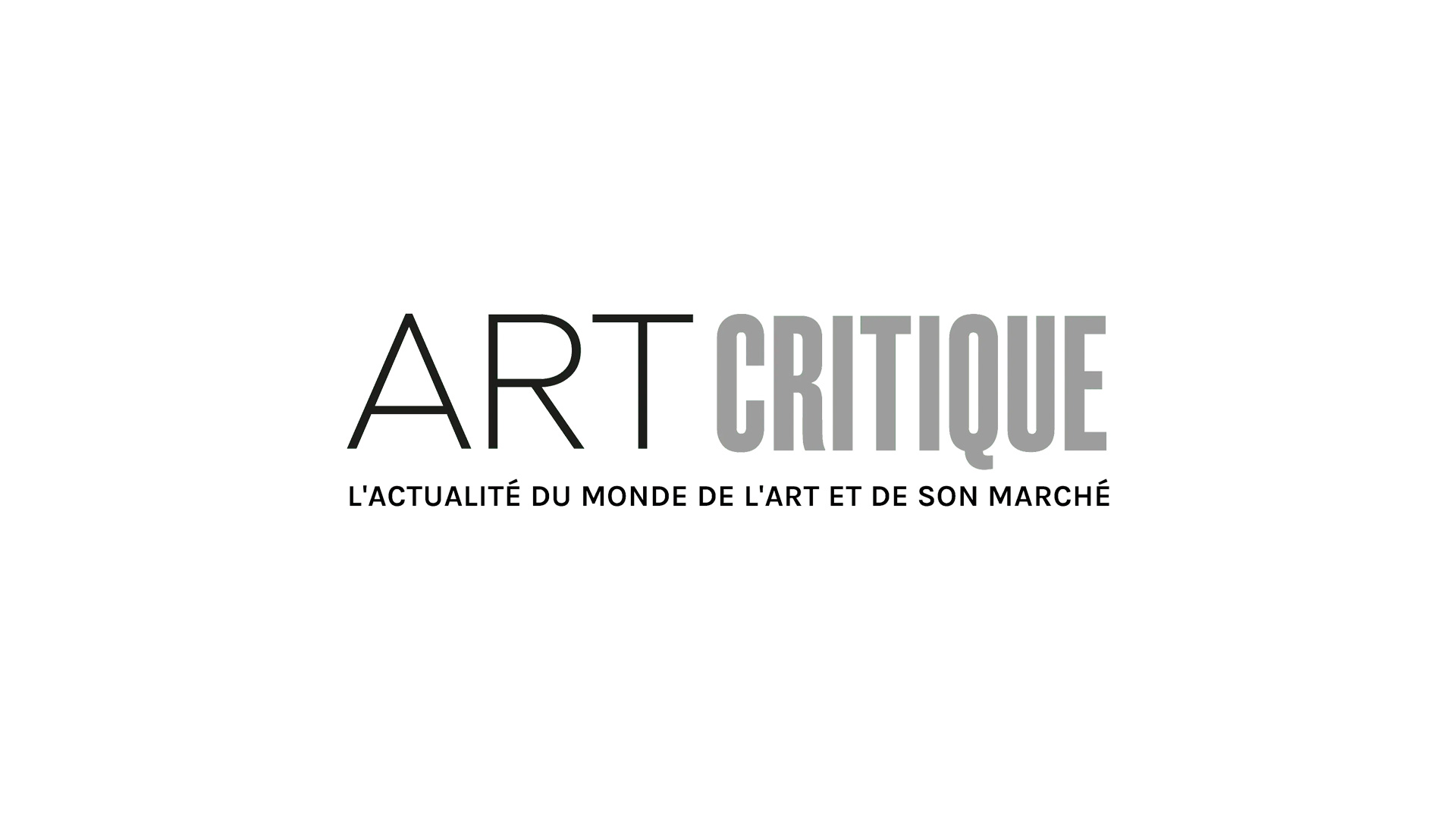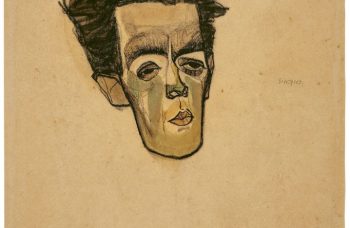Before June, people, particularly in the museum world, were probably unfamiliar with Emery Mwazulu Diyabanza. However, the 41-year-old Congolese activist now faces a series of court dates, the first of which is next week in Paris, for demonstrations he led that involved attempting to take artwork from three different museums.
Diyabanza, originally from the Democratic Republic of the Congo, lives in France, where around 90,000 sub-Saharan African cultural items are held in museums. France’s vast trove of African works is largely an outcome of colonialism and while some items were gifted to France or acquired by legal means, many were looted, stolen, and received under dubious circumstances.
On June 12th, Diyabanza and four other activists, all of whom are part of a Pan-African movement called Unité Dignité Courage (UDC), bought a ticket to the Quai Branly Museum in Paris. They entered the museum and while they perused an exhibition of African works, Diyabanza spoke out about colonialism, then, with the help of another UDC activist, took a 19th-century funerary post belonging to a region of Africa now in Chad or Sudan, and headed for the door. Captured and broadcasted on Facebook, museum guards apprehended the activists and retrieved the funerary post.
“The fact that I had to pay my own money to see what had been taken by force, this heritage that belonged back home where I come from — that’s when the decision was made to take action,” Diyabanza said in a recent interview. That statement by Diyabanza echoed one he made while at the Quai Branly Museum when he announced that he had “come to claim back the stolen property of Africa, property that was stolen under colonialism.”
Diyabanza spent three days in the custody of Paris authorities before being released. Next week, Diyabanza will appear in court and if indicted, could face up to 10 years in prison and fines of €50,000 (~£45,600).
Although it will be Diyabanza and other UDC associates facing charges in court next week, they aren’t the only ones being taken to court in their eyes. “We are going to put slavery and colonialism on trial on Sept. 30,” said Calvin Job, one of three lawyers defending the five men next week, according to The New York Times. “We are leading a legitimate battle against unjust accusations.”
In the months to come, Diyabanza stayed true to his statement that “anywhere that our artworks and heritage are locked up, we will go and get them.” In July, Diyabanza struck the Museum of African, Oceanic and Native American Arts in Marseille, a trial for which is to be held in November. Then, earlier this month, he held another demonstration at the Afrika Museum in Berg en Dal. In both subsequent demonstrations, object taken were recovered.
Diyabanza and the UDC’s protests come after a 2018 report by Bénédicte Savoy and Felwine Sarr commissioned by French president Emmanuel Macron stated that any artifacts taken under force during colonialism should be returned. However, in the two years following the report, only 27 restitutions have been announced with only one object having been returned.
The UDC’s ways have been seen as a rogue move that has only raised more questions for some, like Stijn Schoonderwoerd, director of the Afrika Museum, who said: “These people claim the statue is theirs, but who are they themselves? […] we have never experienced it before with stealing and such a media circus.” However, others see it differently, like curator for the Pitt Rivers Museum and professor of contemporary archaeology at Oxford University Dan Hicks. In a conversation with NYT, Hicks pointed out the irony of the demonstration that has institutions worried since it’s now a case of someone from Africa seizing a cultural item in Europe. “When it comes to the point that our audience feel the need to protest, then we’re probably doing something wrong,” Hicks added.
Diyabanza’s September 30th trial comes just days after Isaiah Ogundele was meant to appear in court in London after he attacked a display of Benin Bronzes and an Ife replica, all on loan from the British Library, at the Museum of London Docklands in January. Authorities are still searching for Ogundele.
When contacted by Artnet News, Diyabanza expressed his support of Ogundele stating:
“It is a disgrace to the supposedly democratic monarchy of Great Britain to condemn someone for peacefully expressing their opinions. […] The British judiciary has just rallied without any resistance behind the injunctions of an oligarchy that refuses to see Africa gain access to its cultural heritage and priceless heritage. I redouble my efforts to win the September 30th trial for the restoration of the historical truth and the restitution of our heritage.”
Edited October 8th, 2020: Diyabanza was originally stated to be 42 years old. He is 41.





